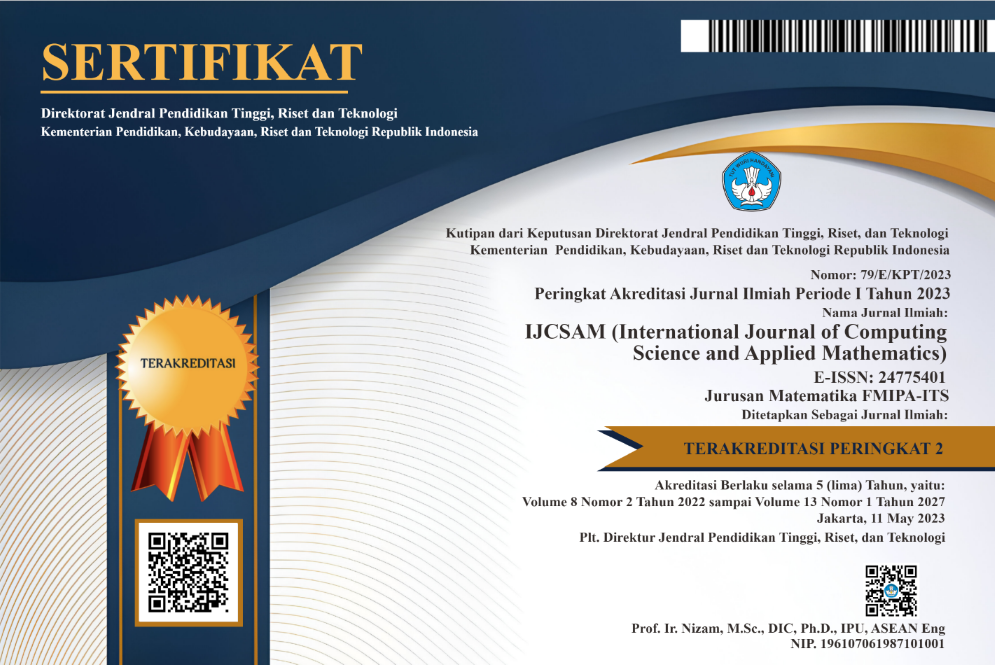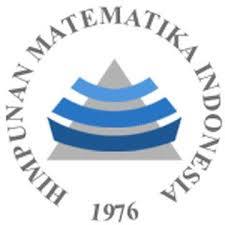Object Oriented Design of Software Tool for Finite Abstractions of Max-Plus-Linear Systems using Unified Modeling Language
Abstract
Keywords
Full Text:
PDFReferences
F. Baccelli, G. Cohen, G. Olsder, and J.-P. Quadrat, Synchronization and Linearity, An Algebra for Discrete Event Systems. John Wiley and Sons, 1992.
B. Heidergott, G. Olsder, and J. van der Woude, Max Plus at Work– Modeling and Analysis of Synchronized Systems: A Course on Max-Plus Algebra and Its Applications. Princeton University Press, 2006.
B. Roset, H. Nijmeijer, J. van Eekelen, E. Lefeber, and J. Rooda, “Event driven manufacturing systems as time domain control systems,” in Proc. 44th IEEE Conf. Decision and Control and European Control Conf. (CDC-ECC’05), Dec. 2005, pp. 446–451.
J. van Eekelen, E. Lefeber, and J. Rooda, “Coupling event domain and time domain models of manufacturing systems,” in Proc. 45th IEEE Conf. Decision and Control (CDC’06), Dec. 2006, pp. 6068–6073.
C. A. Brackley, D. S. Broomhead, M. C. Romano, and M. Thiel, “A maxplus model of ribosome dynamics during mRNA translation,” Journal of Theoretical Biology, vol. 303, no. 0, pp. 128–140, Jun. 2012.
S. Gaubert and R. Katz, “Reachability and invariance problems in maxplus algebra,” in Positive Systems, ser. Lecture Notes in Control and Information Science, L. Benvenuti, A. De Santis, and L. Farina, Eds. Springer, Heidelberg, Apr. 2003, vol. 294, ch. 4, pp. 15–22.
R. D. Katz, “Max-plus (A;B)-invariant spaces and control of timed discrete-event systems,” IEEE Trans. Autom. Control, vol. 52, no. 2, pp. 229–241, Feb. 2007.
B. De Schutter, “On the ultimate behavior of the sequence of consecutive powers of a matrix in the max-plus algebra,” Linear Algebra and its Applications, vol. 307, no. 1-3, pp. 103–117, Mar. 2000.
D. Adzkiya, B. De Schutter, and A. Abate, “Finite abstractions of max-plus-linear systems,” IEEE Trans. Autom. Control, vol. 58, no. 12, pp. 3039–3053, Dec. 2013.
C. Baier and J.-P. Katoen, Principles of Model Checking. The MIT Press, 2008.
D. Adzkiya and A. Abate, “VeriSiMPL: Verification via biSimulations of MPL models,” in Proc. 10th Int. Conf. Quantitative Evaluation of Systems (QEST’13), ser. Lecture Notes in Computer Science, K. Joshi, M. Siegle, M. Stoelinga, and P. D’Argenio, Eds., vol. 8054. Springer, Heidelberg, Sep. 2013, pp. 253–256. [Online]. Available: http://sourceforge.net/projects/verisimpl/
D. Adzkiya, Y. Zhang, and A. Abate, “VeriSiMPL 2: An open-source software for the verification of max-plus-linear systems,” Discrete Event Dynamic Systems, vol. 26, no. 1, pp. 109–145, 2016.
W. Heemels, B. De Schutter, and A. Bemporad, “On the equivalence of classes of hybrid dynamical models,” in Proc. 40th IEEE Conf. Decision and Control, vol. 1, 2001, pp. 364–369.
D. Dill, “Timing assumptions and verification of finite-state concurrent systems,” in Automatic Verification Methods for Finite State Systems, ser. Lecture Notes in Computer Science, J. Sifakis, Ed. Springer, Heidelberg, 1990, vol. 407, ch. 17, pp. 197–212.
DOI: http://dx.doi.org/10.12962/j24775401.v3i1.2119
Refbacks
- There are currently no refbacks.
View My Stats

International Journal of Computing Science and Applied Mathematics by Pusat Publikasi Ilmiah LPPM, Institut Teknologi Sepuluh Nopember is licensed under a Creative Commons Attribution-ShareAlike 4.0 International License.
Based on a work at https://iptek.its.ac.id/index.php/ijcsam.






